It has been a great debate for smartphone users as to which performs better. But enough talk. We compared how these two phones perform their 15 basic tasks. Decide for yourself.
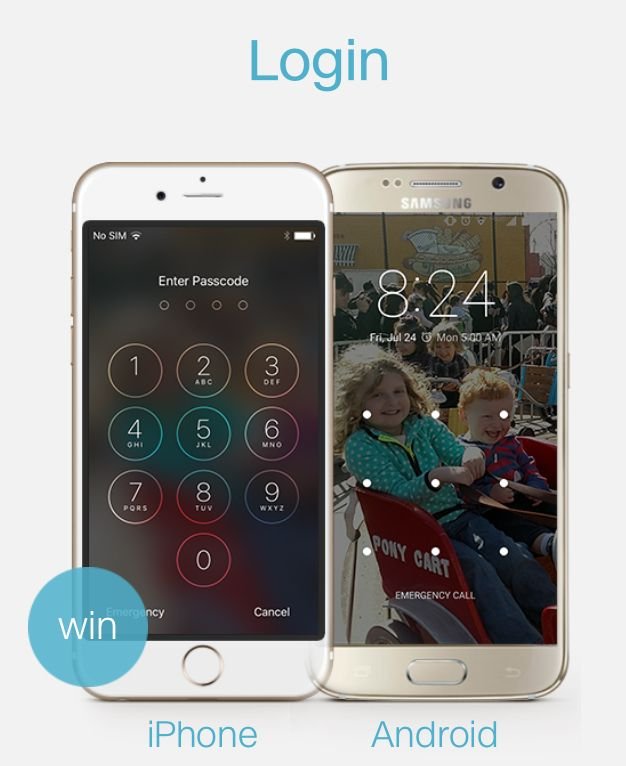
The iPhone’s TouchID fingerprint sensor makes bypassing the annoying lock screen a breeze. Some Android phones have a similar feature. Other Android phones have a “Smart Lock” tool that uses face recognition or location to bypass the lock screen, but it’s a less secure option.
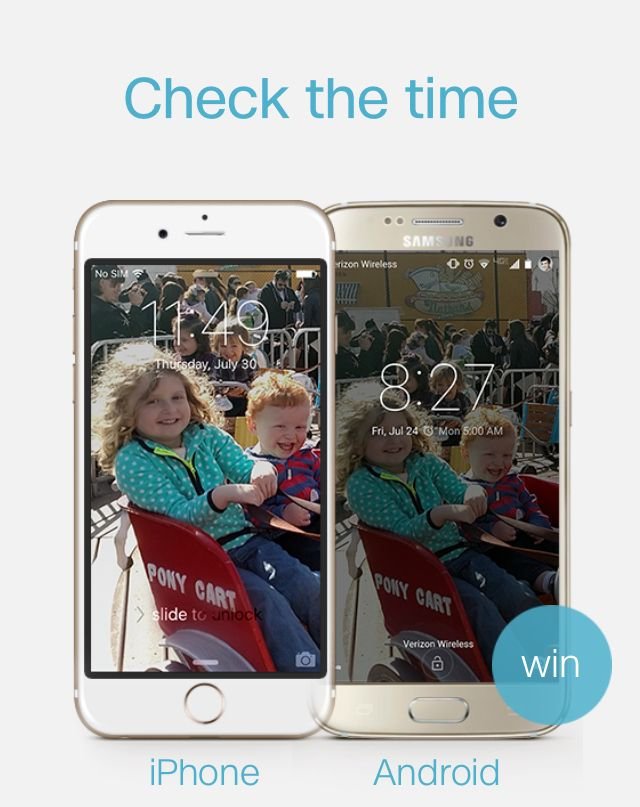
When you press the lock button the two smartphones show you the time. But many Android phones do time keeping better. Oppo, Samsung and Huawei have smart covers and sensors that automatically show you the time when you pull the phone out of your pocket. Android also has a super-dim “daydream” clock that stays on when charging on your nightstand.
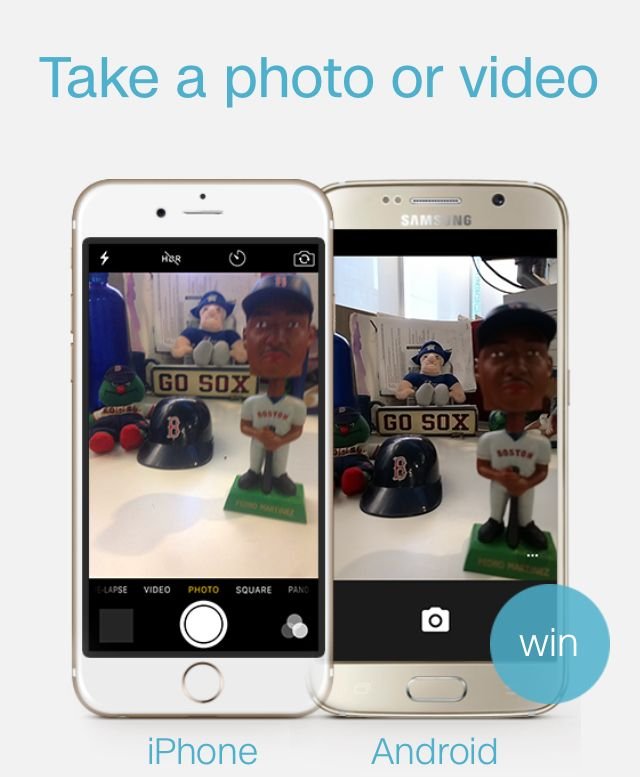
The iPhone’s camera is consistently amazing but the problem is the managing of photos is a little bit hassle and expensive. The android takes photo similarly to an iPhone but the advantage is that managing photos is a much better—and cheaper— experience on Android. Google photos gives you unlimited free storage while extra iCloud Photo storage must be bought.
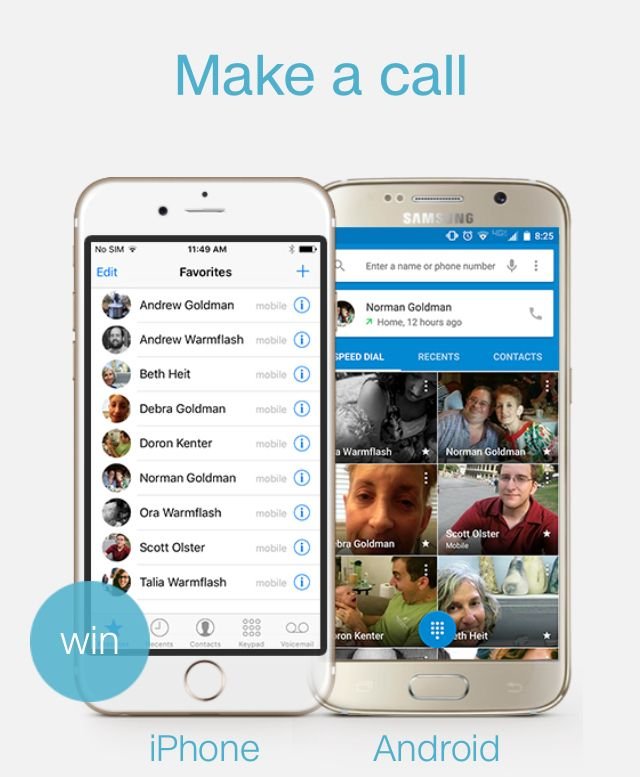
Your most contacted persons are organized much better in Android. But FaceTime is the iPhone’s killer feature.
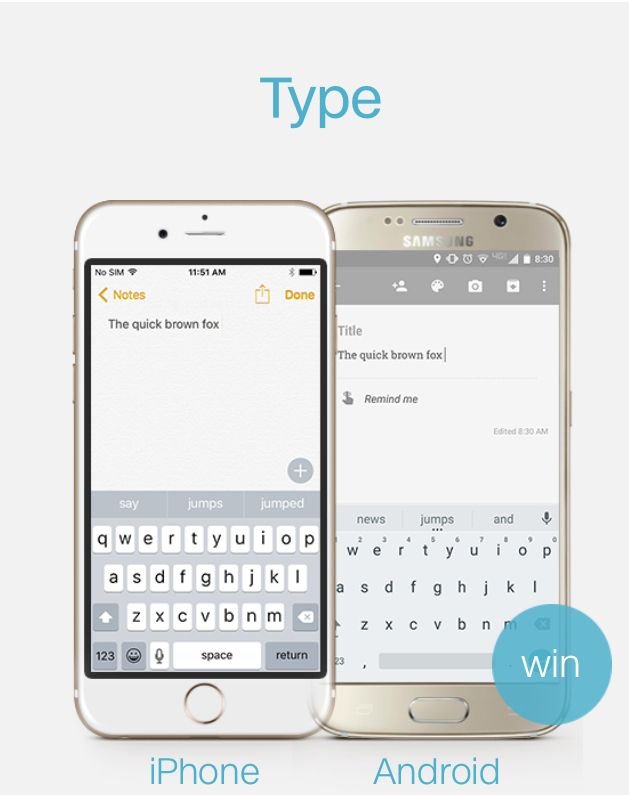
Apple has finally begun displaying lowercase letters on its iPhone keyboard when you’re not using capital letters. But Android’s stock keyboard is still better than Apple’s, including swipe gestures and -- most crucially -- punctuation on the same screen as the letters.
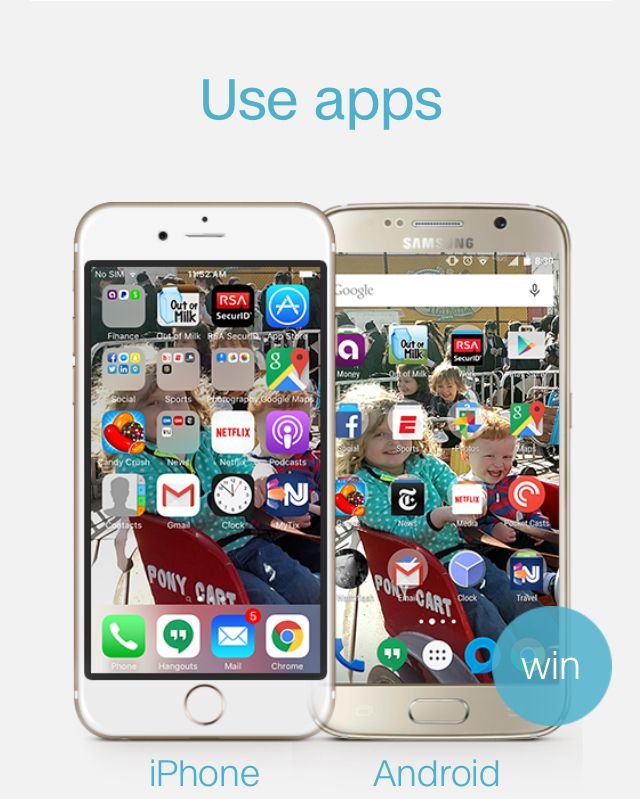
Android is far superior at organizing apps, letting you prioritize important apps on the home screen and hide less useful apps in the apps drawer.
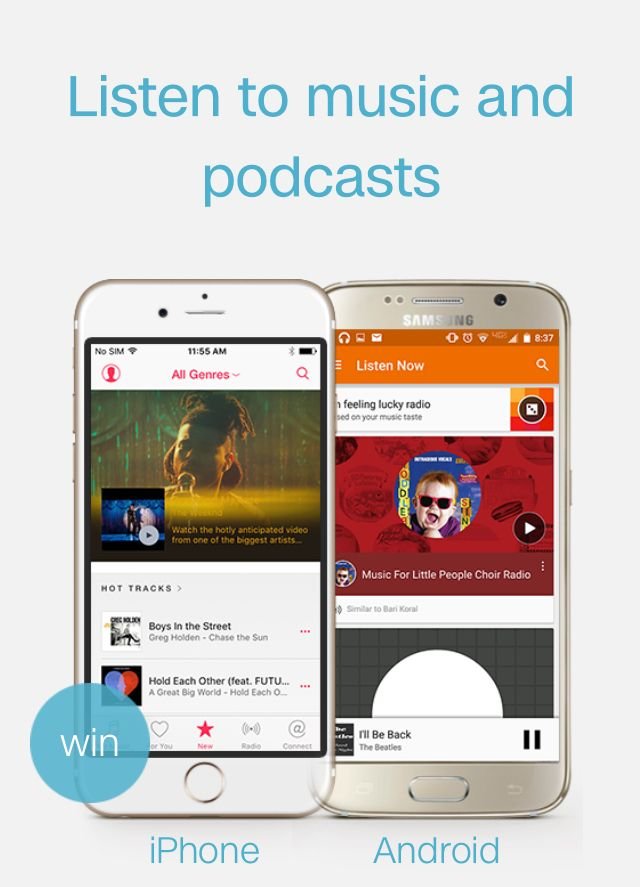
Android has a great display in playing music in Google Play Music, which offers an impressive list of free, ad-supported music. Apple has Apple Music, which has no free option but integrates impressively well with your iTunes downloads.
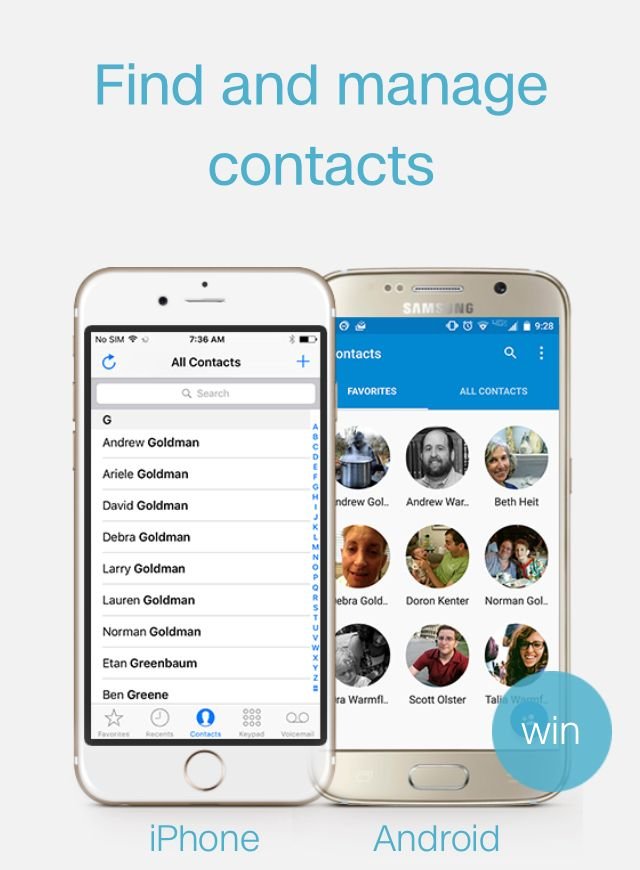
Android is better with the contact displaying, it shows the photo of the person you’re looking for. The iPhone directly connects with social networks to populate your contacts’ photos.
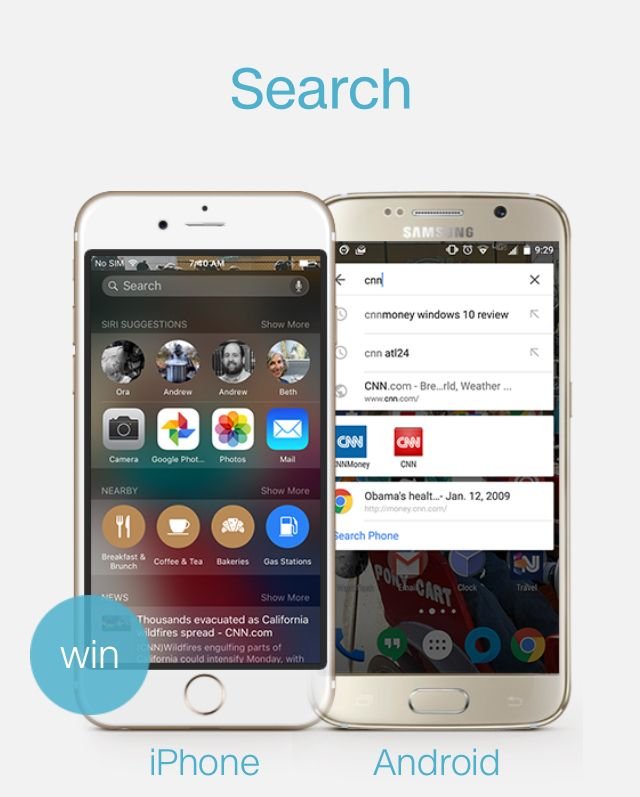
Apple’s spotlight searches more stuff than Google does. It shows a great display when searching for apps or stuff in the internet.
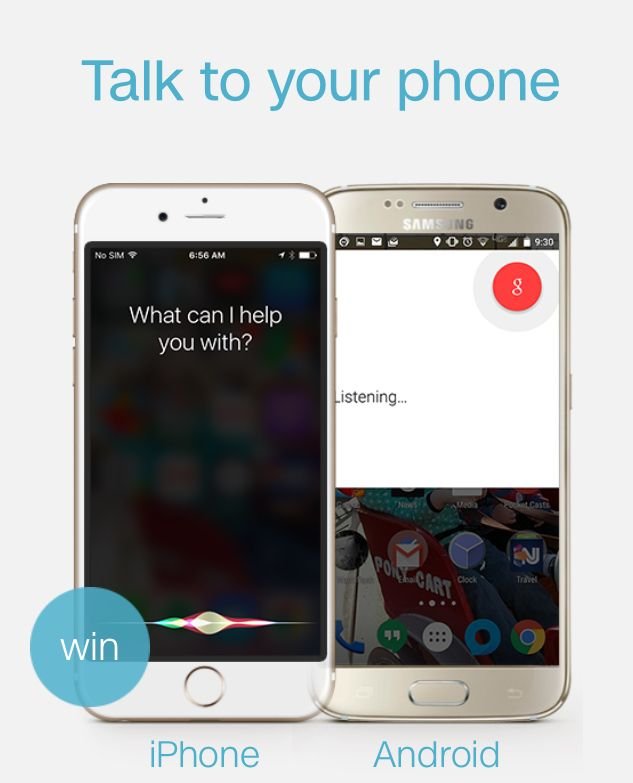
Android’s voice “assistant” types as you talk, and works offline. But Siri has a fun personality and understands natural language a bit better than Android.
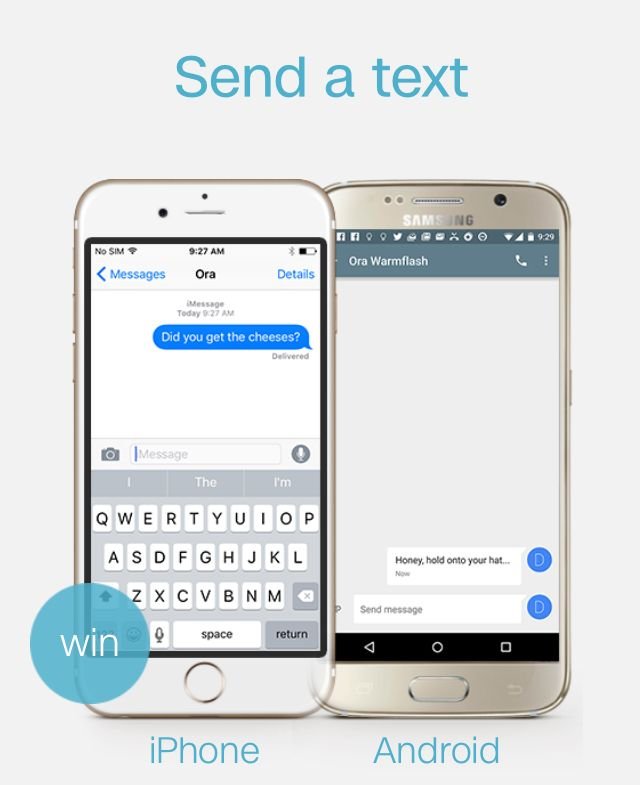
iMessage lets you send free text and voice messages to other apple users— even from your Mac. Google hangouts let’s you combine texts and Google Hangouts messages in a single app, send then from your computer if you have a Google Voice Account, it means hassle for your users.
iOS and Android are both great mobile platforms. They also have quite a bit of room for improvement and different ideas of what matters to users. Naturally, many people feel one trumps the other. So is one actually better?
Photo sources: money.cnn.com